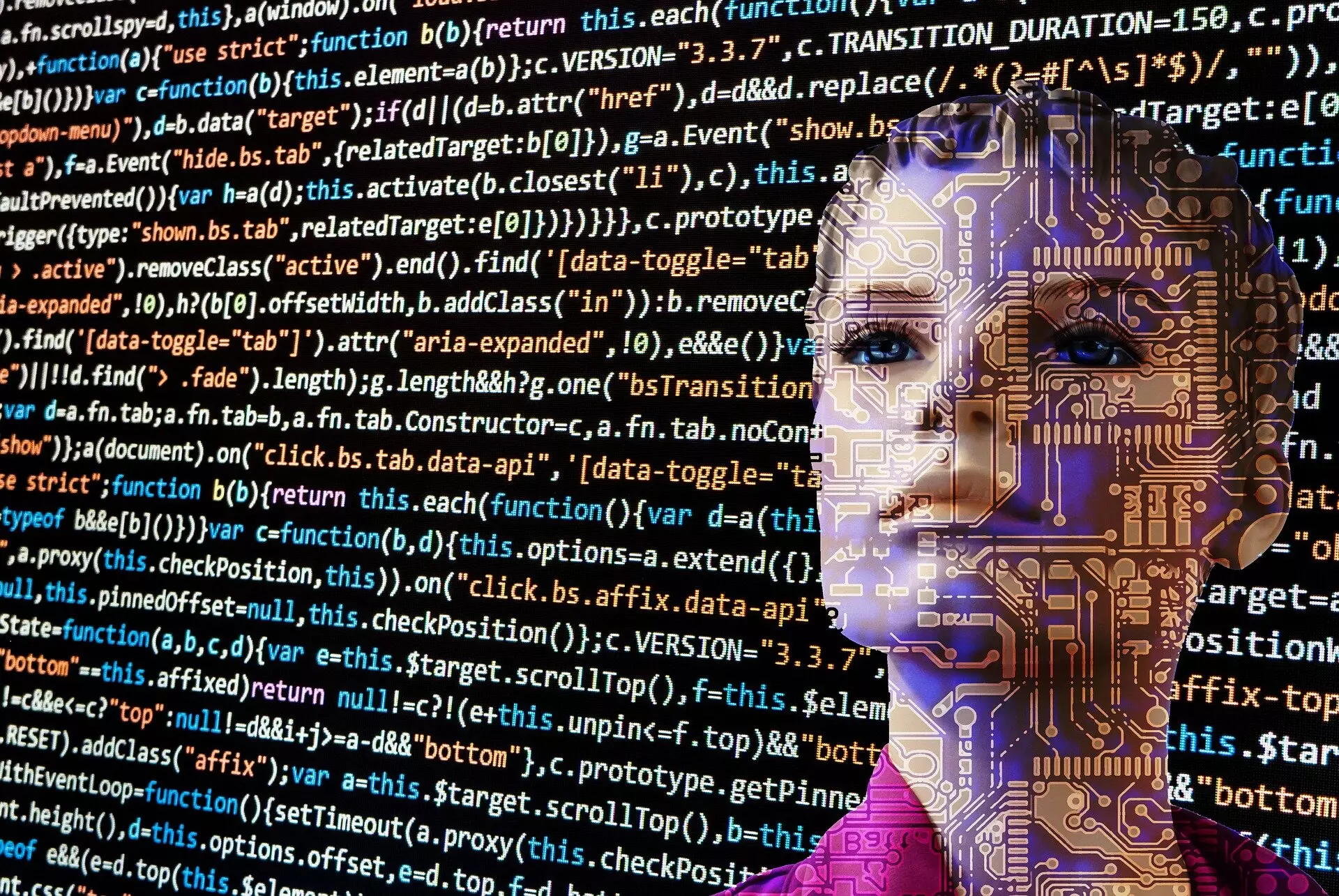Generative AI, unlike its traditional counterpart, has the ability to produce novel content such as text, video, images, and music. This means that it can think outside the box and reshape various aspects of society. Our research has shown that generative AI has the potential to enhance, rather than replace, human capabilities. For example, chat assistants and programming aids powered by AI can significantly boost productivity and job satisfaction for less-skilled workers. This could potentially reverse the trend of “skill-biased technological change” that has disproportionately benefited more educated workers in the past.
Addressing Inequality
While generative AI has the potential to enhance personal support and adaptability in learning, there is a risk of exacerbating existing inequalities. Uneven access to AI technologies could leave behind those lacking the necessary digital infrastructure or skills. For example, the global south may not benefit from generative AI in the near future due to insufficient investment in digital infrastructure. It is crucial to ensure that the implementation of generative AI in educational settings does not perpetuate biases or widen existing gender gaps in the workforce. Female students, for instance, have reported using AI tools less frequently than their male counterparts, which could have long-term consequences on academic achievement and future employment opportunities.
Generative AI has the potential to help doctors make better decisions by guiding them during diagnosis, screening, prognosis, and triaging. The integration of human and AI judgment has been shown to lead to superior performance compared to either alone. However, there is a risk that generative AI could lead to incorrect diagnoses in certain situations, highlighting the need for a balanced approach that supplements rather than replaces human expertise in the practice of medicine.
Generative AI has the potential to personalize online content and enhance user experiences. However, there is a risk that it could exacerbate the spread of misinformation, especially through advanced “deepfakes” that can deceive individuals. Policy-makers must consider the potential for AI to be exploited for corporate gain through the collection of personal data. Regulatory frameworks should focus on balancing AI innovation with social equity, consumer protection, and measures against AI-generated misinformation that could influence elections.
As we stand at a critical historical crossroads, it is important to recognize the role that each of us plays in shaping the future of generative AI. Policymakers should prioritize equitable tax structures, empowering workers, controlling consumer information, supporting human-complementary AI research, and implementing measures against misinformation. By balancing AI innovation with social equity, we can ensure that generative AI is used for the positive advancement of society rather than exacerbating existing inequalities. It is up to all of us to drive the course towards responsible and ethical use of this revolutionary technology.


Leave a Reply